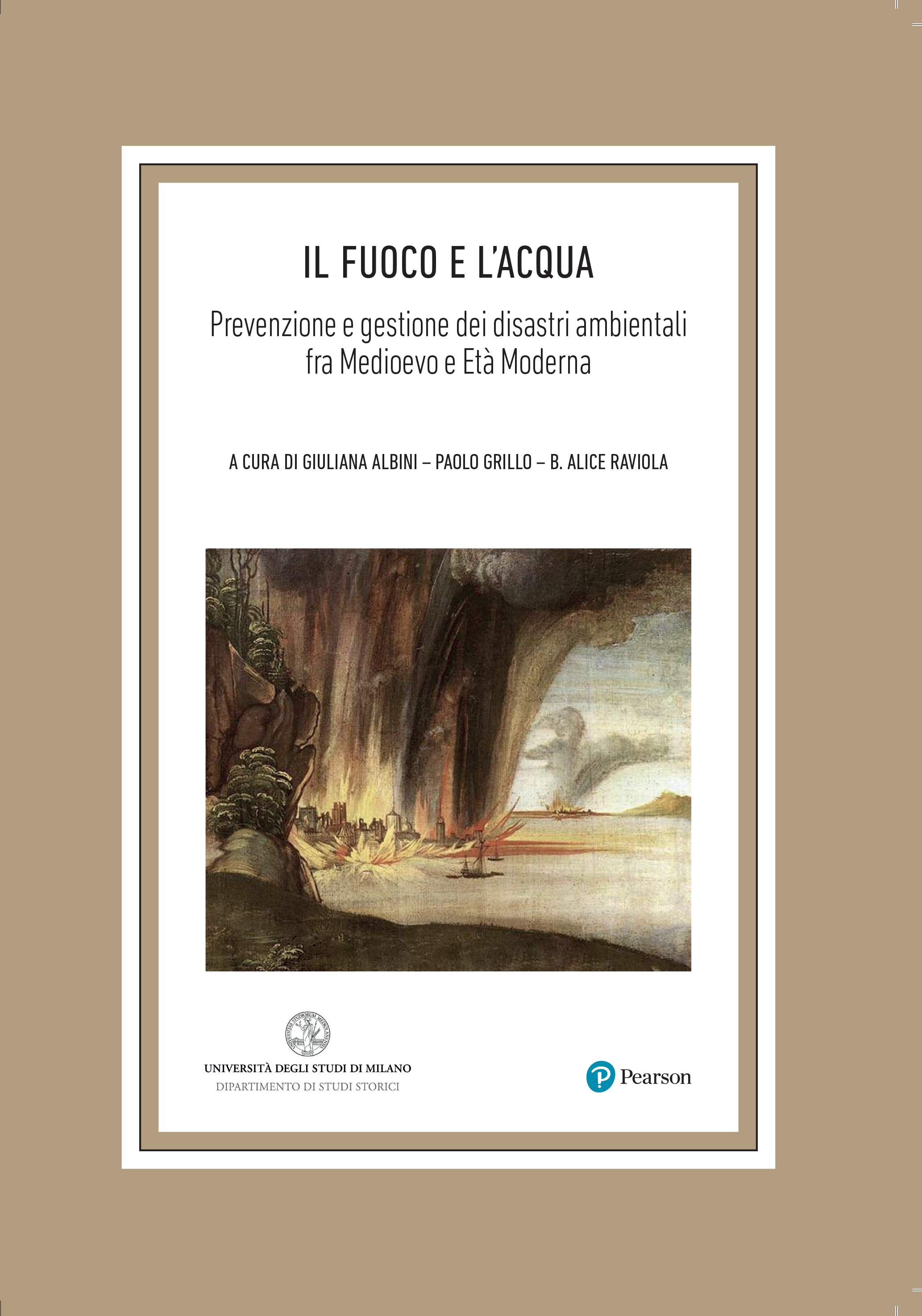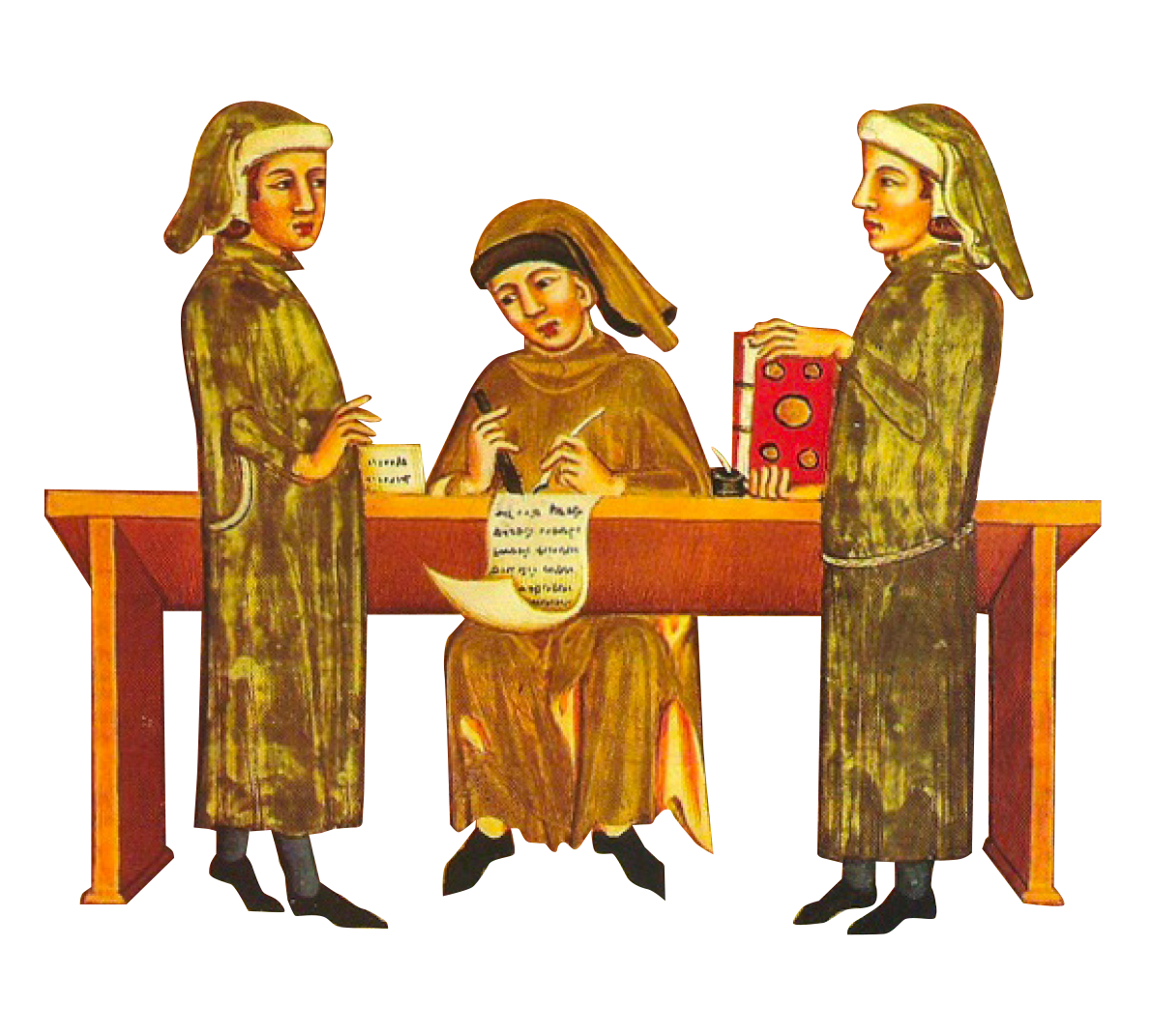Carestia, maltempo e alleanze politiche: Siena e Manfredi di Sicilia fra 1257 e 1260
DOI:
https://doi.org/10.54103/2611-318X/18283Parole chiave:
Siena, Toscana, Manfredi di Sicilia, Carestie, Comuni italiani, Storia dell’ambienteAbstract
La carestia che flagellò l’Europa nel periodo 1257-1260, causata dall’eruzione del vulcano indonesiano Samalas, viene analizzata in questo contributo dal punto di vista delle fonti pubbliche senesi. Ciò che emerge è il fatto che la città toscana, rispetto ad altri comuni del nord Italia, si trovò pronta a gestire quest’emergenza per via delle misure di contrasto e prevenzione delle crisi alimentari che aveva messo in atto nel corso di una precedente carestia che aveva colpito la Toscana nel periodo 1248-1256. Siena riuscì inoltre a volgere l’emergenza a proprio favore nell’ambito della politica estera, utilizzando la necessità di acquistare grano dall’Italia meridionale come pretesto per avvicinarsi politicamente al ghibellino Manfredi di Sicilia senza dover rompere i rapporti con la guelfa Firenze, a cui i senesi erano legati da un trattato di alleanza. Questa constatazione mostra come lo studio della storia dell’ambiente può risultare utile non solo per analisi di natura economico-sociale, ma può avere risvolti anche nell’ambito della storia delle vicende politiche delle società del passato.
Downloads
Dowloads
Pubblicato
Come citare
Fascicolo
Sezione
Licenza

Questo lavoro è fornito con la licenza Creative Commons Attribuzione - Condividi allo stesso modo 4.0.




